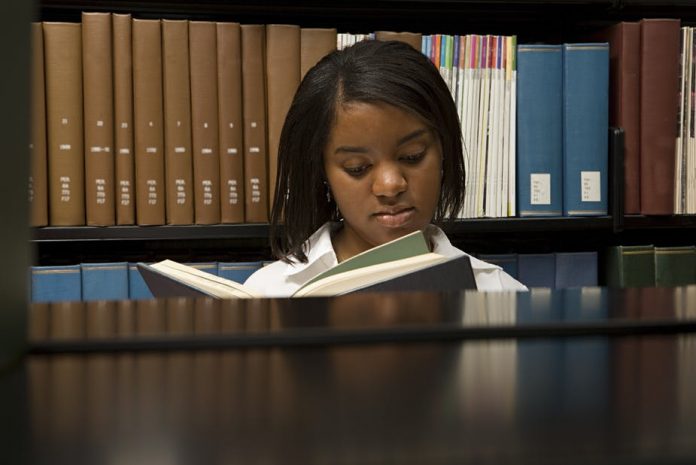By Beatrice Akala
Women still aren’t fully represented in higher education in Kenya and South Africa, despite changes in law and policy over the years. This failure of the education sector to harness and develop women’s talents curtails their ability to contribute meaningfully to society.
The constitutions in both countries guarantee every citizen a right to education. This is regardless of gender, sex, or social class. Higher education in particular holds great value for the public good. It is central to the development of individuals and nations.
But there is still uneven development between genders. In Kenya and South Africa women still struggle to access institutions of higher education. And they also struggle to succeed in science, technology, engineering, and mathematics (STEM) related courses, and to progress into postgraduate studies.
I address this in my research paper. I focused on Kenya and South Africa because both countries have progressive legal frameworks. My aim was to find out how these progressive frameworks translated into real life opportunities for women.
My study found that although both countries have progressive policies that support gender equality and equity, things are different on the ground. Higher education still excludes many women, in particular those from marginalised communities.
Progressive policies such as gender equality policies and equity clauses have been enacted in both countries. But gender skewing is still prevalent in public higher education institutions in terms of throughput, completion rates, areas of study and enrolment in postgraduate studies.
The difficulties particularly black women face in higher education are a continuation of the social conditions they live under. This includes poverty, racism, geographical positioning and institutional cultures that still have a gender bias, and sexism.



